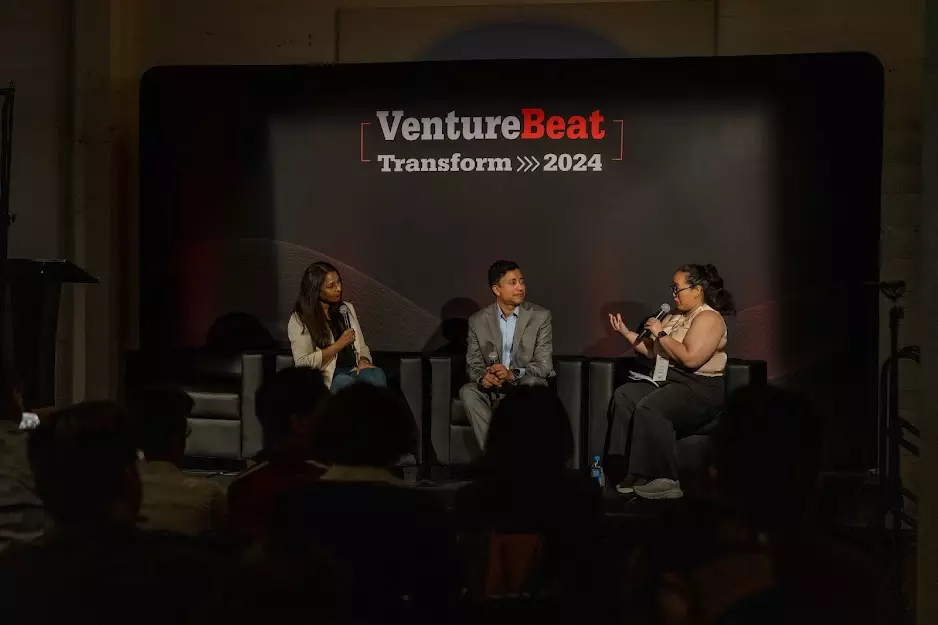The integration of generative AI in the healthcare sector goes beyond just implementing cutting-edge technology; it represents a fundamental shift in how time is utilized in clinical settings. Kiran Mysore, chief data and analytics officer at Sutter Health, and Aashima Gupta, Google Cloud Director for global healthcare, highlighted the transformative effects of generative AI during a panel discussion at VentureBeat’s Transform event in July. According to Gupta, generative AI has played a crucial role in minimizing the administrative burden on healthcare professionals, allowing them to allocate more time to patient care. She emphasized that the primary objective of leveraging generative AI is to streamline workflows and mitigate the inefficiencies associated with manual information retrieval processes.
The healthcare industry has been at the forefront of adopting technological innovations to enhance patient outcomes and operational efficiencies. Mysore cited platforms like Epic, which facilitate seamless communication between patients and medical providers, as catalysts for accelerating the digitization of healthcare records. With the onset of the COVID-19 pandemic, there was a surge in demand for access to accurate and timely health information, prompting healthcare organizations to embrace technological solutions rapidly. The implementation of generative AI in healthcare has opened up a myriad of opportunities to optimize clinical workflows, ranging from improving the analysis of medical imaging to deploying predictive analytics for proactive patient monitoring.
At Sutter Health, the integration of AI technologies has yielded substantial improvements in both patient satisfaction and physician engagement. Mysore underscored the importance of prioritizing patient-centric care by leveraging AI capabilities to enhance communication between patients and healthcare providers. By enabling real-time transcription of patient-physician interactions, AI systems empower physicians to focus on delivering personalized care and building stronger relationships with their patients. Moreover, AI-driven insights provide physicians with a comprehensive understanding of a patient’s medical history, enabling them to make more informed clinical decisions based on individual needs.
Despite the immense potential of generative AI in revolutionizing healthcare delivery, there are lingering concerns and skepticism surrounding the technology’s application in clinical settings. Gupta emphasized that the primary goal of Google Cloud is to empower healthcare providers with the necessary tools and resources to harness data effectively, rather than replace human expertise in medical diagnosis. It is crucial to acknowledge the apprehensions of healthcare professionals and patients alike regarding the adoption of AI in healthcare and address them through transparent communication and continuous education. By engaging stakeholders in the decision-making process and fostering a culture of trust, healthcare organizations can ensure the successful integration of generative AI into existing clinical workflows.
Google Cloud’s commitment to advancing healthcare technologies is evident through its development of industry-specific models like MedLM, designed to streamline administrative tasks and reduce workload burden on healthcare workers. By leveraging AI-powered platforms such as Gemini, healthcare facilities can enhance operational efficiency and improve patient care outcomes. The ability to extract meaningful insights from vast datasets enables healthcare providers to make data-driven decisions and optimize treatment protocols accordingly. By fostering a collaborative environment that encourages innovation and knowledge sharing, healthcare organizations can harness the full potential of generative AI to revolutionize patient care delivery and drive positive outcomes in the healthcare ecosystem.


Leave a Reply
You must be logged in to post a comment.